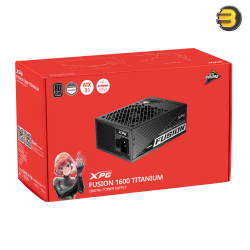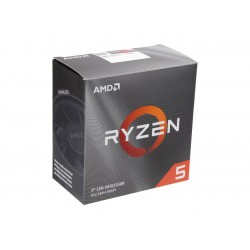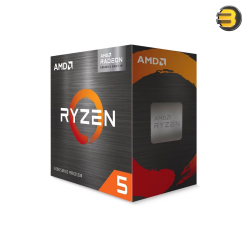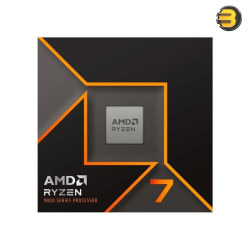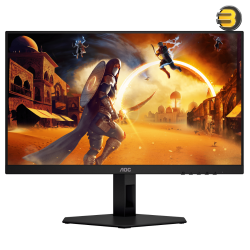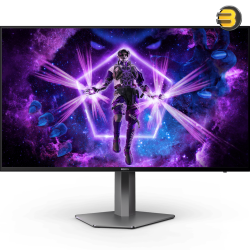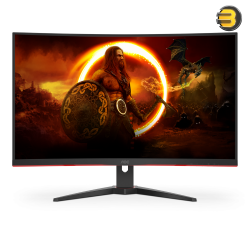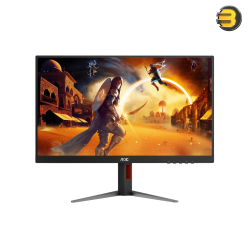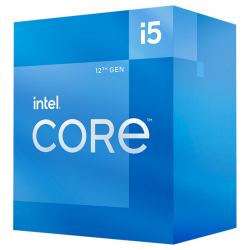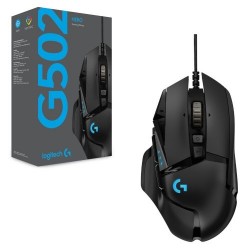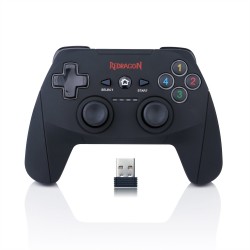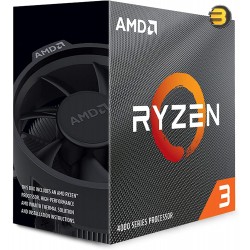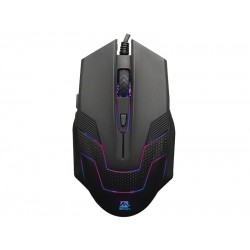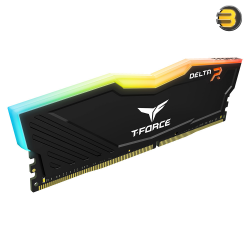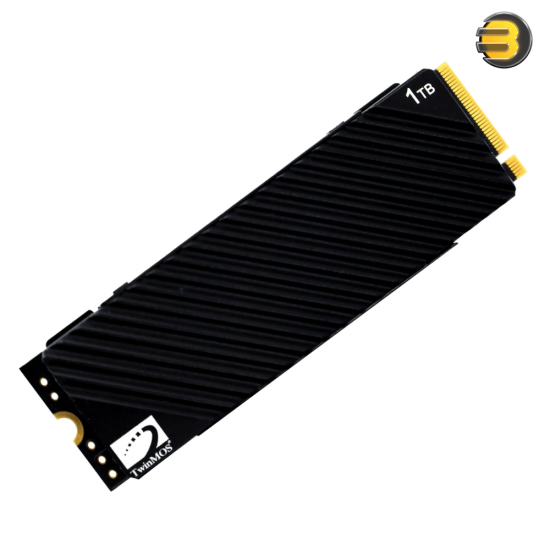
Coming Soon
TwinMOS NV1TBG42280v 1TB M.2 2280 NVMe PCIe Gen4 x4 SSD — Up to 7500MB/s Read & 6800MB/s Write, 3D NAND, Single-Sided, High-Performance Storage for Laptops & Desktops
0 EGP
Ex Tax: 0 EGP
- Stock: Coming Soon
- Model: NV1TBG42280v
Tags:
TwinMOS NV1TBG42280v
, 1TB M.2 2280 SSD
, PCIe Gen4 x4 NVMe
, 7500MB/s read speed
, 6800MB/s write speed
, 3D NAND SSD
, single-sided SSD
, high-performance storage
, laptop SSD
, desktop SSD
, gaming SSD
, DRAM cache SSD
, S.M.A.R.T. SSD
, TRIM SSD
, ECC
, LDPC
, NVMe SSD
, Gen4 SSD
, TwinMOS SSD
, SSD warranty
General Information
- Designed For: High-performance desktops, laptops, and workstations
- Use Case: Ideal for gaming, content creation, and productivity systems requiring fast storage access
- Compliance: RoHS certified – environmentally friendly manufacturing standards
- OS Compatibility:
- Windows 10 / 11
- macOS
- Linux distributions
Performance & Interface
- Interface: PCIe Gen4 x4 / NVMe 1.4
- Sequential Read Speed: Up to 7500 MB/s
- Sequential Write Speed: Up to 6800 MB/s
- Controller: Innogrit – high-performance controller optimized for Gen4 speeds
- NAND Type: 3D TLC NAND from Micron, SK Hynix, or Samsung – ensures endurance and stability
- DRAM Cache: Yes – typically features 2GB LPDDR4/DDR4 cache in higher-capacity models
Physical & Thermal Design
- Dimensions: 22 x 80 x 3 mm (without heatsink)
- Weight: ~7g – lightweight and ideal for ultra-thin notebooks
- Operating Temperature Range: 0°C to 70°C
- Storage Temperature Range: -40°C to 85°C
- Thermal Management: Designed for use with aluminum or graphene heatsinks (not included)
- Shock Resistance: 1500G / 0.5ms – suitable for mobile and portable devices
Reliability & Endurance
- Endurance (TBW): 600 Terabytes Written – suitable for heavy read/write workloads
- MTBF (Mean Time Between Failures): 1.5 million hours – indicates strong long-term reliability
- Supported Technologies:
- S.M.A.R.T. monitoring
- TRIM command support
- Wear leveling
- Bad block management
- LDPC (Low-Density Parity-Check) error correction
- ECC (Error Correction Code) engine

-min-150x150h.jpg)
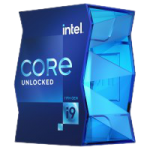
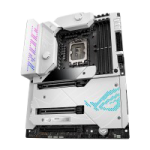
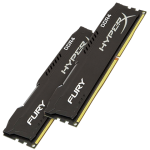
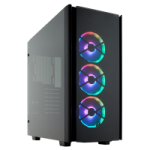
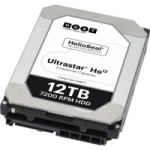

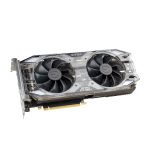
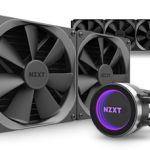
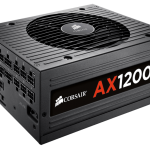
-150x150.png)


